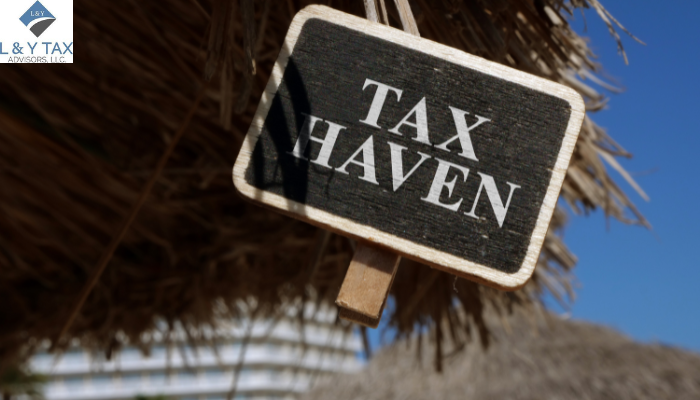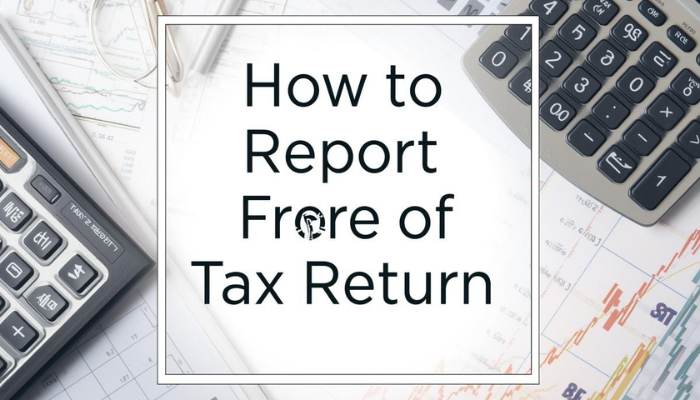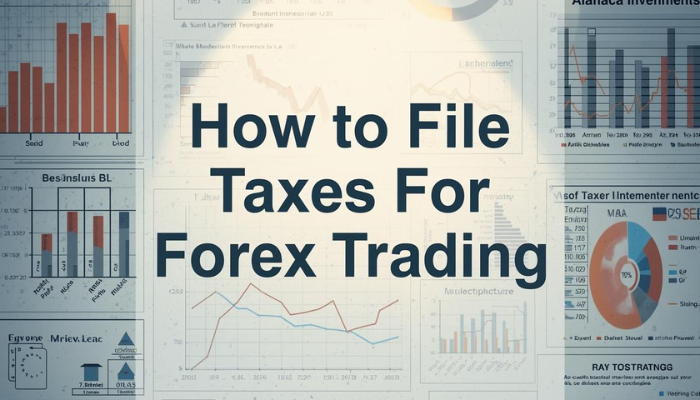
What is the Meaning of Tax Haven?
Do you know what is the meaning of tax haven? A country or territory that offers low tax obligations to international persons and companies is known as a tax haven. These jurisdictions usually feature laws and policies that are intended to draw in wealth and investment by offering low financial disclosure requirements, attractive tax regimes, and anonymity.
L&Y Tax Advisor explains what is the meaning of tax haven, its link with your wealth management. You will also learn about business tax planning, and contentious activities like tax evasion.
Characteristics of a Tax Haven
Tax havens are attractive to companies and wealthy people because they share several essential characteristics:
Low or No Taxes
Capital gains, corporation, and income taxes are minimal or nonexistent in tax havens, which makes them desirable locations for businesses wishing to lower their taxes lawfully.
Financial Secrecy
Stringent secrecy regulations in many tax havens protect account holders’ identities and financial activity, guaranteeing a high level of privacy for both people and businesses.
Flexible Regulations
Establishing businesses, trusts, or other legal organizations in these nations is frequently simple due to their relaxed regulatory frameworks.
Political and Economic Stability
Tax havens lower the risk for foreign investors by maintaining a stable political and economic environment, which helps them retain their attraction.
Get your VAT number USA.
Tax Haven Examples
Among the most well-known tax havens are the following:
Switzerland: Known for its rules about banking secrecy.
Cayman Islands: Well-liked for asset protection and business tax benefits.
Luxembourg: renowned for providing multinational corporations with advantageous tax treatment.
Other significant tax havens include Bermuda, Monaco, and the British Virgin Islands.
Ethical and Legal Implications
Although using a tax haven may be completely legal, doing so frequently presents moral concerns. Numerous governments contend that tax havens allow corporations to relocate their earnings to low-tax jurisdictions. It deprives them of much-needed cash. Tax havens have also been connected to illegal practices, including money laundering.
Get our tax consultancy services now!
The Global Crackdown on Tax Havens
The Organization for Economic Co-operation and Development (OECD) and other international organizations are attempting to reduce tax evasion and promote transparency. Programs such as the Base Erosion and Profit Shifting (BEPS) initiative are intended to curtail international firms’ use of tax havens.
Read about financial reporting and analysis.
The Bottom Line
Beyond having low taxes, a tax haven is a structure that aims to attract wealth by providing financial advantages and privacy. Although tax havens can have justifiable uses, their involvement in international banking sparks discussions concerning equity, legality, and economic justice.
Also, read


